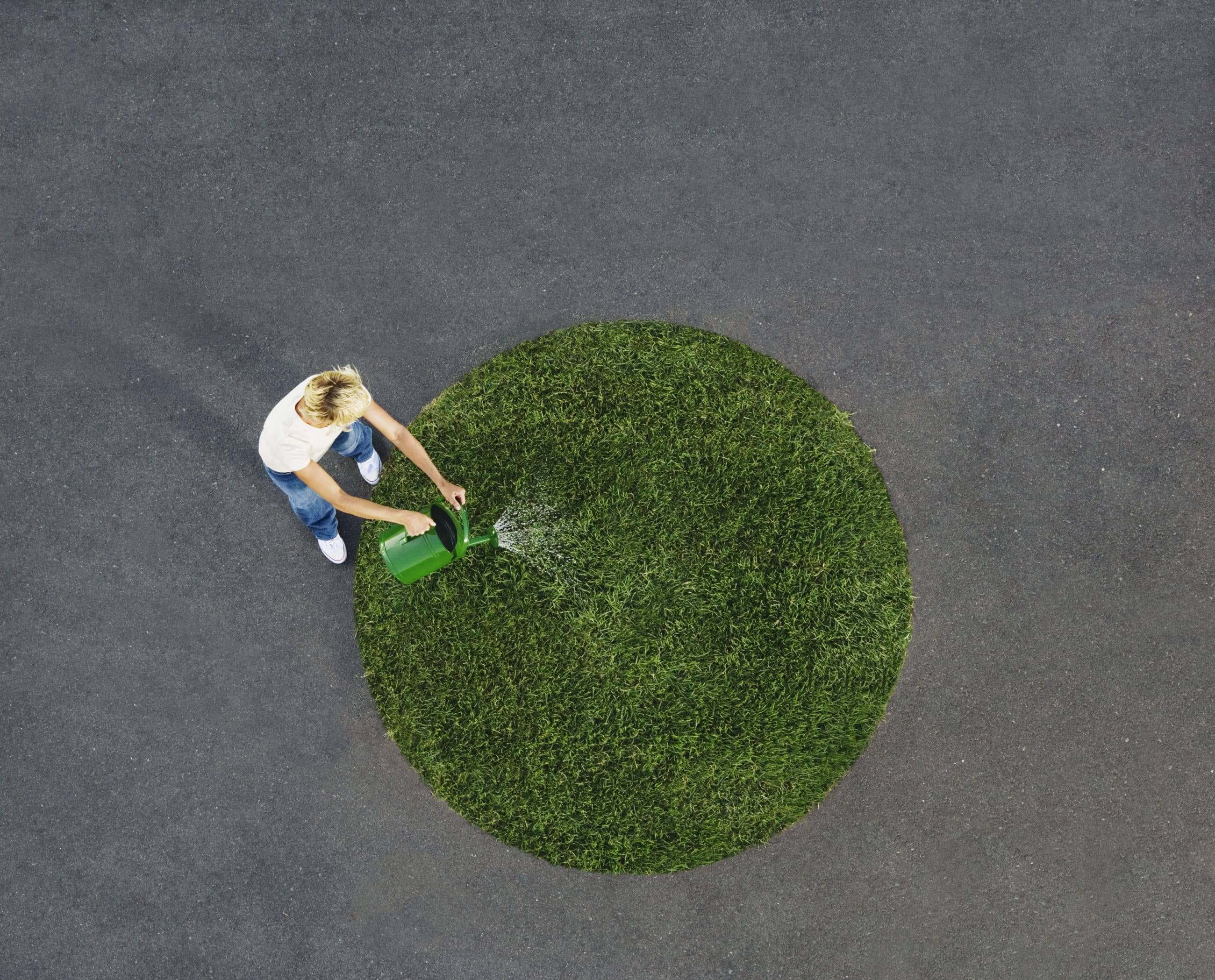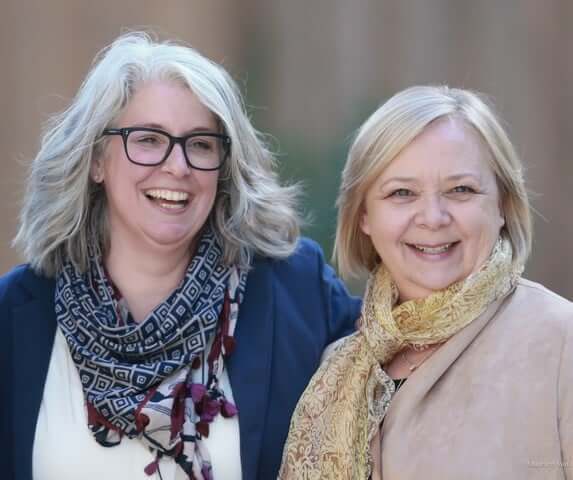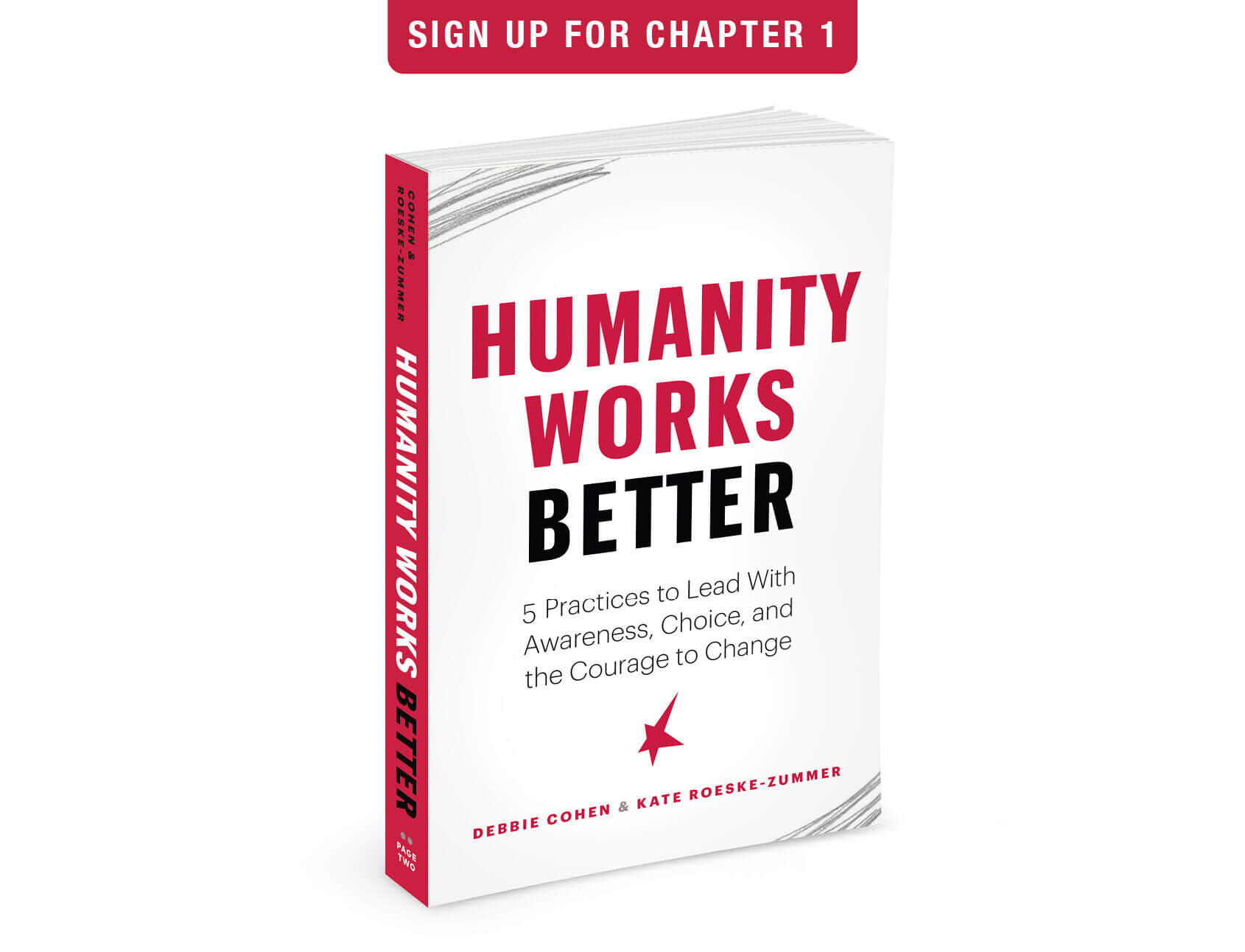
Today, we explore what it means to navigate your comfort zone in these uncertain and anxious times.
First, let’s just admit it. These are anxious times. So much has changed around us, and it is happening quickly. So much does not feel safe. So much out of our control. Yikes! See what we mean? Anxious! Okay, okay we are anxious!
Dr. Susan Biali Haas is an award-winning physician who speaks and writes about stress management, mental health, wellness, and resilience. She notes, “any time you’re out of your comfort zone, you’re going to feel anxious. Just because you feel anxious does not mean something bad is going to happen.”
This got us thinking about our own comfort zones. A comfort zone is defined as a psychological state in which things feel familiar to a person, when we are at ease and perceive we are in control of our environment. In our comfort zone we experience low levels of anxiety and stress. When we are in this zone, a steady level of performance is possible.
We are noticing, particularly when it comes to Coronavirus, our comfort zones are different than others. Kate has a friend who will send her articles every single day, multiple times throughout the day, on the crisis. Updates, statistics, how things are changing, what you can do etc., etc. It drives her crazy. Kate is someone who does not need to know every single second the changes and shifts that are happening. That actually makes her more anxious. Her friend, on the other hand, needs to know. And knowing what she can control and helps her feel like she is on top of it. Knowing helps her to feel less anxious. Their “comfort zones” are clearly different, and that is just fine. Noticing those differences and understanding they serve a need for that person is important. Knowing how to set boundaries around their affect on you is, well, something you will need to do for yourself.
While we grapple with differences in our comfort zones, maybe our discomfort zones are where we find similarity. On March 23rd of this year, Harvard Business Review released a great article called That Discomfort You’re Feeling is Grief. In it, David Kessler who co-wrote On Grief and Grieving: Finding Meaning In Grief, talks about how we are all grieving right now. For those who remember, it’s not dissimilar to what we, as a country, went through post 9-11. Kessler introduces the concept of anticipatory grief, that feeling we get about what the future holds when we’re uncertain. Our primitive mind knows something bad is happening, but we can’t see it. This disrupts our sense of safety. Today, many of us are feeling that loss of security. We are deep in our discomfort zone. And where we can find compassion and connection to one another. We can find the tolerance to navigate through our differing needs.
The truth is, we all react to things outside our comfort zone in really different ways. Some of us embrace what our local and state governments have mandated. Others of us are resisting. Some of us have settled into our new reality and others are really struggling. And the struggle is real. Millions of people have lost their jobs, and millions of others are worried if they will still have one next week. So many people are on the front lines, literally risking their lives for the greater good. A generation of kids are struggling with the loss of schoolmates and are trying to make sense of parents who have become schoolteachers, and vice versa. 2020 Graduates are missing milestones and their futures are so uncertain. And we must not forget our oldest generations, or people with underlying health issues, who are terrified that COVID-19 could be fatal. Some of us might be having trouble even finding the edges of a comfort zone.
So, what do we do about this? As with almost everything that we do here at Humanity Works, it begins with you. We have three tips for settling into your Comfort Zone:
- Remember, it’s a Zone. You will notice it’s called a Comfort Zone. Not a bullseye. Your level of comfort will have a range, as will others. Explore the edges of your comfort for what is real and true, and what we make up. Notice the breadth of your comfort zone and give yourself some grace. Some days you will be more fragile or triggered and your zone will tighten. On other days, new possibilities, having fun, accomplishments or achievements will broaden your comfort zone. This is also true for the people around you. When responses change, be curious about that shift within yourself, and with others. You are broadening awareness and becoming more conscious of your humanity and the humanity of others.
Photo by Content Pixie on Unsplash
- Create what’s Familiar. For you and for your “others,” look to establish routines. These structures create predictability and a sense of safety. People like knowing what to expect and when. Establish rituals with your family and friends. Examine where life may be more complicated than it needs to be and simplify or stop doing those things. Make life as easy as possible right now.
- Know what’s Controllable. The only thing you can actually control in this life is yourself; a theme that will be repeated by us often. Choose to examine what is possible in this moment, in this day, and in this circumstance. Create from that place of conscious choice and be that human. The human who asks: “How do I want to show up?” “What’s important to me right now?” And with others, assume positive intent. As our worlds become so tight and tiny, assume the humans you are living with are not trying to piss you off or annoy you. They are coping with life circumstances, as are you. Be curious about them. What’s happening for them? How are they feeling? Where are they struggling? Curiosity is the antidote to judgement.
These are tricky times, for sure. Our world is changing daily. There is so much we do not know, yet can’t help but try to anticipate. We are all struggling with our discomfort. Give yourself permission to not know. Let’s start to control what we can, ourselves. Find the range of your comfort zone. Practice curiosity with others. Let go. Breathe. Be a good human.
Acknowledgements: Our gratitude to Anika Briner and Michelle Zajac for their contributions to this article.

About the Authors, HumanityWorks Team:
Kate Roeske-Zummer, Founder and Chief Inspiration Officer
Bringing more humanity to the workplace.
Debbie Cohen, Chief Instigation Officer
Causing transformation of people and systems so both can reach their fullest potential.


